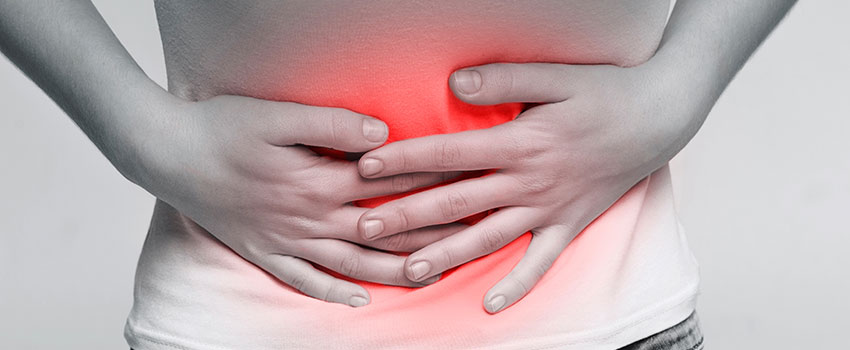
Tummy troubles are very common. If we eat too much, eat something doesn’t agree with our system or feel queasy in the car, the feeling of uneasiness isn’t uncommon. Sometimes, though, persistent tummy troubles can actually be a sign of something more serious.
Learn more about the body’s gastrointestinal (GI) system from our AFC Urgent Care Ooltewah team below!
How Does the Gastrointestinal (GI) System Work?
The gastrointestinal system runs from the mouth to the anus. When you eat or drink, digestion begins in your mouth, where saliva starts to break down food when you chew. When you swallow, it passes through the esophagus to the stomach.
Food eventually passes through the stomach to the small and large intestines and exits through the rectum and anus after nutrients are absorbed. GI issues can occur when any part of the GI tract is irritated during digestion. If you experience stomach pain or any of the symptoms we’ve listed below, you’re likely dealing with a GI disorder of some sort.
Common GI Disease Symptoms
- Abdominal discomfort (bloating, pain or cramps)
- Unintentional weight loss
- Vomiting and nausea
- Acid reflux (heartburn)
- Diarrhea, constipation (or sometimes both)
- Fecal incontinence
- Fatigue
- Loss of appetite
- Difficulty swallowing
How Can I Treat Stomach Pain?
Effective treatment really depends on what is causing you pain, but there are several things you can do at home that will help ease symptoms across the board, such as drinking lots of water and taking OTC pills that reduce stomach acids.
If you start to experience intense stomach pain that lasts for several hours, doesn’t go away for at least 24 hours or lines up with any of the concerning symptoms that we’ve listed below, make an appointment with a doctor.
Serious Gastrointestinal (GI) Symptoms
- Nausea, fever or the inability to keep food down for several days.
- Bloody stools.
- Difficulty breathing.
- Vomiting blood.
- Black, tarry stool.
- The pain occurs during pregnancy.
- The abdomen is tender to the touch.
- Inability to eat or drink for several hours
- Fever greater than 102°F
- Weight loss without trying
- Feeling a lump in the abdomen
Have further questions about your tummy troubles? We’re here to answer them! Don’t hesitate to contact our AFC Urgent Care Ooltewah team today.


